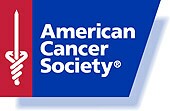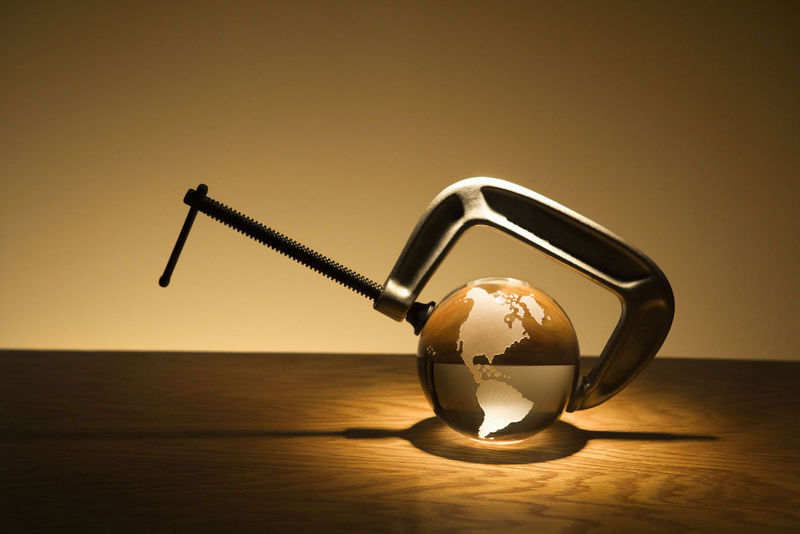
FRIDAY, May 7 (HealthDay News) — One day after a report from the President’s Cancer Panel faulted the United States for not doing enough to reduce the incidence of environmentally induced cancers, the American Cancer Society took issue with that conclusion.
The society agrees that many of the points raised in the report are important, but disagrees with the conclusion that it’s an established fact that the effect of pollution — especially from chemicals — on cancer is much greater than had been thought. That connection remains unproven, said Dr. Michael J. Thun, the society’s vice president emeritus for epidemiology and surveillance.
“We are not picking this fight because we like pollution,” said Thun. “We hate pollution as much as anyone else. It’s simply that cancer is a very important disease, pollution is a very important problem, but it’s not clear how much the degree of overlap is.”
According to Thun, the report’s emphasis on pollution as an underestimated cause of cancer is partly due to Congress’ reconsideration of the Toxic Substances Control Act, which gives the Environmental Protection Agency the authority to require reporting, record-keeping, testing and restrictions relating to chemical substances.
“The report was written in a way to draw attention to the issue and reflects the belief of the authors,” he said.
Environmental factors are important and pollution contributes to some extent to cancer, Thun said. “The issue is at the dose to which we are exposed — it’s not clear that that has a large effect on cancer,” he said. “It could have a large effect on cancer, but the evidence is not there yet.”
Thun said the report also undervalued key cancer-prevention efforts, such as tobacco control; the development of a vaccine for human papilloma virus (HPV) to prevent cervical cancer; as well as a greater understanding of the role that infections and obesity can play in certain cancers.
“What I objected to is that in trying to draw emphasis to this particular aspect [pollution] that relates to cancer prevention, it was implied that the others are minor,” he said.
In the report released Thursday, the President’s Cancer Panel said the United States isn’t doing enough to reduce the incidence of environmentally induced cancers. The report said that risk has been “grossly underestimated.”
The report authors pointed to the apparent health effects of 80,000 or so chemicals, including bisphenol A (BPA), that are used daily by millions of Americans. Studies have linked the plastics chemical with different types of cancer, at least in animal and laboratory tests.
“The real burden of environmentally induced cancer greatly underestimates exposure to carcinogens [and] is not addressed adequately by the National Cancer Program,” said Dr. LaSalle D. Leffall Jr., chair of the panel that released the report and Charles R. Drew professor of surgery at Howard University College of Medicine in Washington, D.C. “We need to eliminate these carcinogens from workplaces, homes and schools, and we need to start doing that now. There’s ample opportunity for intervention and change, and prevention to protect the health of all Americans.”
Despite advances, cancer is still a major public health problem in the United States and about 41 percent of Americans will be diagnosed with the disease at some point in their lives, the report stated. Twenty-one percent will die of the disease.
The President’s Cancer Panel is an advisory group appointed to monitor the development and execution of the National Cancer Program. The group’s report addresses a different topic every year.
This year’s document stated that while chemicals such as radon, formaldehyde and benzene are ubiquitous in the United States and exposure is commonplace, the public is not aware of the harm these chemicals may be causing to individuals.
More information
View the full report at the President’s Cancer Panel.

